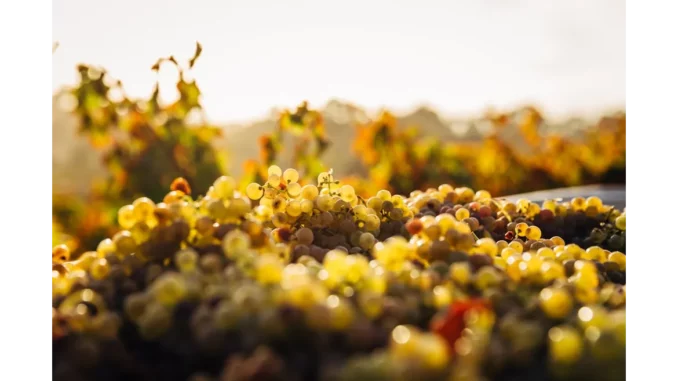
When it comes to wine collecting, whether for investment or personal enjoyment, the art of maintaining and managing your collection can be both a science and an art. Recently, I had the pleasure of speaking with Richard Hamilton, a seasoned wine enthusiast who has spent decades refining his approach to building and managing a wine cellar. Richard’s insights offer valuable guidance to both novice and seasoned collectors.
Richard’s journey into wine collecting began in his early thirties. “I was at a dinner party,” he recalls with a nostalgic smile, “and the host opened a bottle of Bordeaux from the 1980s. The complexity and depth of that wine, the way it evolved in the glass over the evening—it was like nothing I had experienced before. That moment ignited a passion.” From there, Richard’s interest in wine grew into a full-fledged collection that now spans over a thousand bottles, housed in a carefully controlled cellar.
For those considering starting or expanding a wine collection, Richard offers a piece of fundamental advice: “Know your palate. Wine collecting should be about personal enjoyment as much as investment potential.” He suggests starting with wines you genuinely enjoy drinking, as this not only makes the collection process more enjoyable but also ensures that you have a good understanding of what you are investing in.
Richard stresses the importance of research. “Before adding a bottle to your collection, learn about the wine’s provenance, the winery, and the vintage. Each bottle has a story, and understanding that story can enhance your appreciation and decision-making.” He recommends attending wine tastings, visiting vineyards, and reading extensively about wine regions and vintages as ways to develop a more discerning palate.
When it comes to managing the physical collection, Richard emphasises the importance of organisation. “A well-organised cellar is crucial,” he advises. “Keep a detailed inventory of what you have. This not only helps you keep track of the value of your collection but also prevents the unfortunate event of forgetting about a treasured bottle until it’s past its prime.” Richard uses a digital inventory system that allows him to log details of each bottle, including its purchase date, expected peak drinking window, and tasting notes. He mentions that while there are various apps and software available, a simple spreadsheet can be just as effective.
Temperature and humidity control are also paramount. “Wine is a living thing. It’s sensitive to changes in its environment,” Richard explains. He maintains his cellar at a steady 12°C with a humidity level of around 70%. This consistency helps to preserve the integrity of the wines over time. For those without a dedicated cellar, he suggests investing in a good quality wine fridge or climate-controlled storage unit.
Richard also touches on the investment side of wine collecting. “Wine can be a sound investment, but it’s not without risks,” he cautions. “The market can be volatile, and values can fluctuate based on a range of factors, from changes in demand to unpredictable weather affecting harvests.” For those interested in the investment potential of their collection, Richard advises diversifying across regions and vintages to mitigate risk, and to always purchase from reputable sources.
One of the aspects Richard finds most rewarding about wine collecting is the social element. “Wine is meant to be shared,” he says. “Some of my best memories are of opening a special bottle with friends or family and experiencing it together.” He encourages collectors to host tasting events or dinner parties to share their passion and gain perspectives from others.
In conclusion, Richard’s experience underscores the multifaceted nature of wine collecting. Whether your goal is to savour the pleasures of a mature vintage or to build a portfolio for future gain, the key is to approach your collection with curiosity, organisation, and a willingness to learn. As he elegantly puts it, “A wine collection is a journey, not a destination. Enjoy the ride.”
For those embarking on this journey, Richard’s insights offer a roadmap that balances the joy of discovery with the rigour of careful management. Whether you’re a budding enthusiast or a seasoned collector, the world of wine awaits with endless possibilities.
Salena Ripley


Be the first to comment